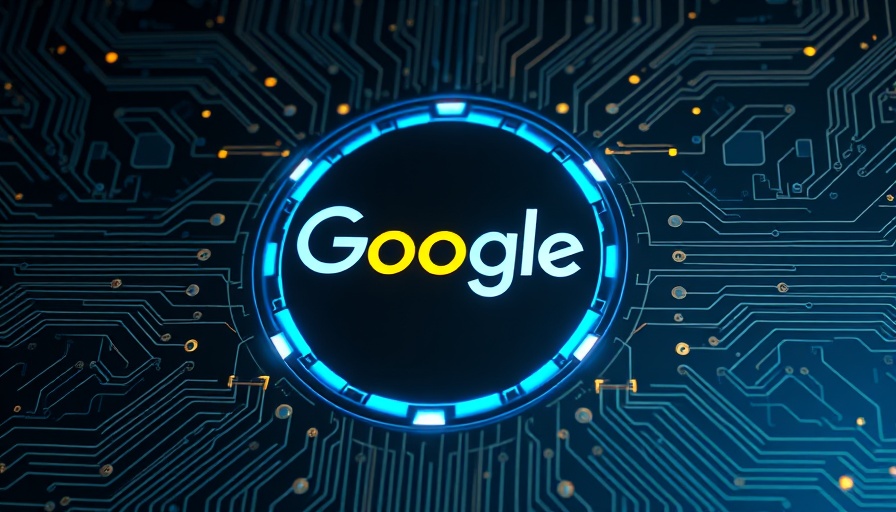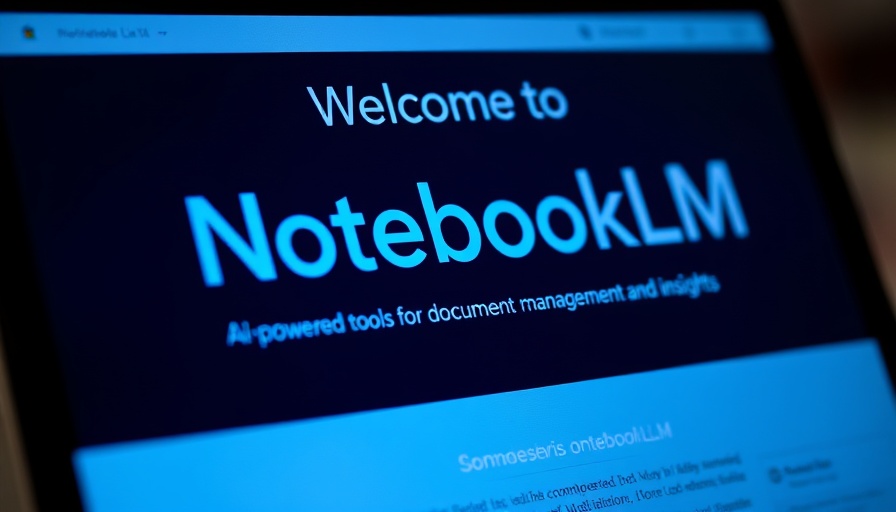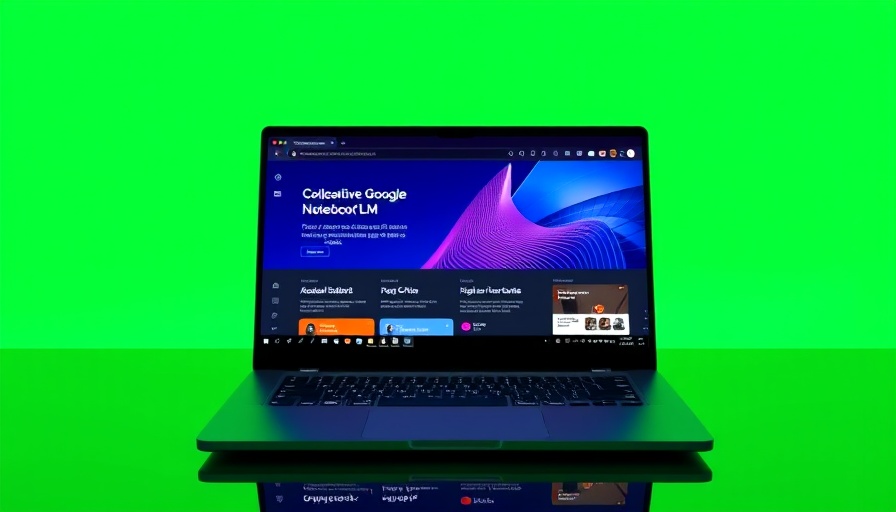
Understanding Google’s Commitment to Authenticity in SEO
In a landscape inundated with misinformation and deceptive practices, Google's recent updates to their Search Quality Raters Guidelines (QRG) resonate profoundly within the tech and marketing industries. Aimed at fortifying the principles of Expertise, Experience, Authoritativeness, and Trustworthiness (EEAT), these enhancements reflect a growing recognition that authenticity must be at the core of content strategy.
Deep Dive into the Changes
The most notable shift comes from Section 4.5.3, which has been rewritten to broaden its focus on 'deceptive purpose.' This section essentially redefines the essence of authenticity, emphasizing the need to ensure that content genuinely reflects a website's intent. The new terminology shifts from "Deceptive Page Purpose and Deceptive MC Design" to a more precise "Deceptive Page Purpose, Deceptive Information about the Website, Deceptive Design." This subtle change in wording holds significant implications for creators, as Google signals that the integrity of content starts with its purpose.
Spotting Deceptive Content
The guidelines now elaborate on what constitutes deceptive purpose. For example, content that promotes products based on false testimonials or impersonation scenarios not only misleads consumers but also jeopardizes a website's credibility over time. This reinforces the idea that transparency should be prioritized to build trust among users.
The Emergence of Fake EEAT
Another key addition is the focus on fake EEAT content, which encompasses deceptive business information. This pertains to scenarios where a website falsely claims a physical presence when no such existence is verified. Marketing managers and CEOs must thus shift their strategies to validate claims of competence and transparency, ensuring that content reflects genuine expertise.
Implications for Marketing Strategies
The implications of these updates extend far beyond guidelines; they require businesses to reevaluate their approaches to SEO. Authenticity is paramount, and practices that may have once seemed harmless could now tilt the balance against a brand's online visibility. Given that Google's algorithms may be evolving to better detect these deceptive practices, a proactive focus on authenticity isn’t just advisable—it's essential.
Actionable Insights for Business Professionals
For executives and marketing professionals, the next best move is clear: embrace transparency in every facet of content strategy. Start by auditing existing content to ensure it aligns with these updated guidelines. Implement strong verification processes for any claims presented, and foster a culture of authenticity within your organization. By doing so, you create a robust foundation for both consumer trust and search engine visibility.
Conclusion: The Path Forward
As the digital landscape continues to evolve, so too must our strategies. Google's updated guidelines serve as a wake-up call for all businesses to center authenticity—a principle that not only enhances user experience but ultimately drives SEO success. In this age of information, let us aim not to just comply but to exemplify the best practices of digital honesty.
 Add Row
Add Row  Add
Add 




 Add Row
Add Row  Add
Add 

Write A Comment